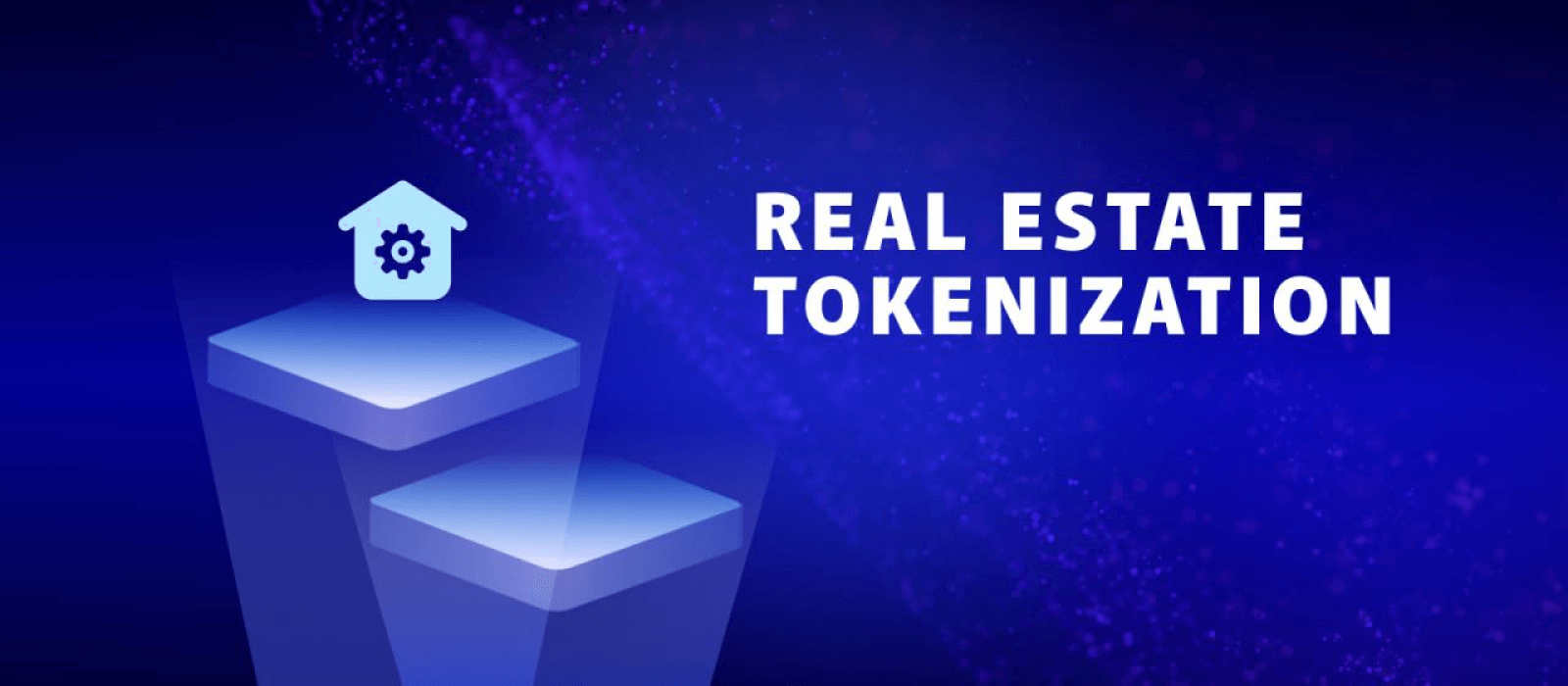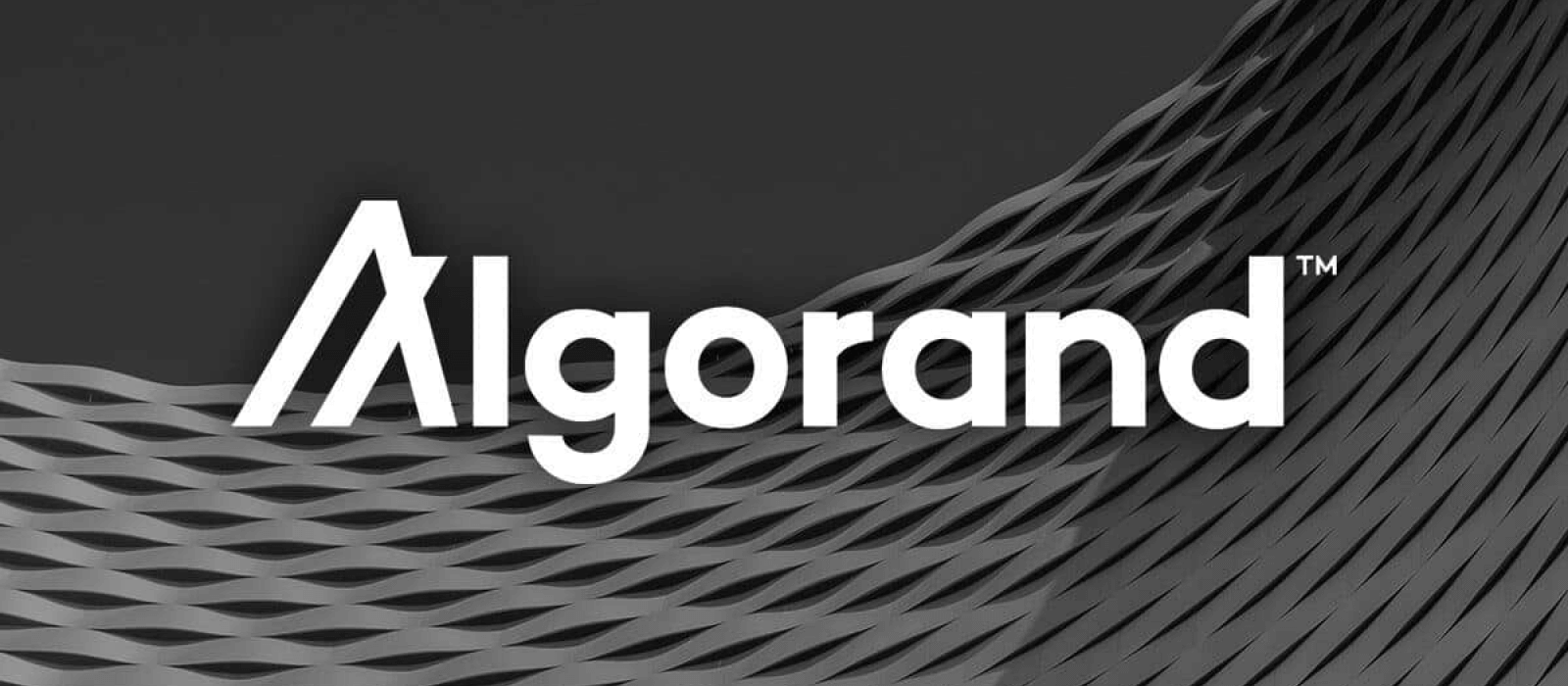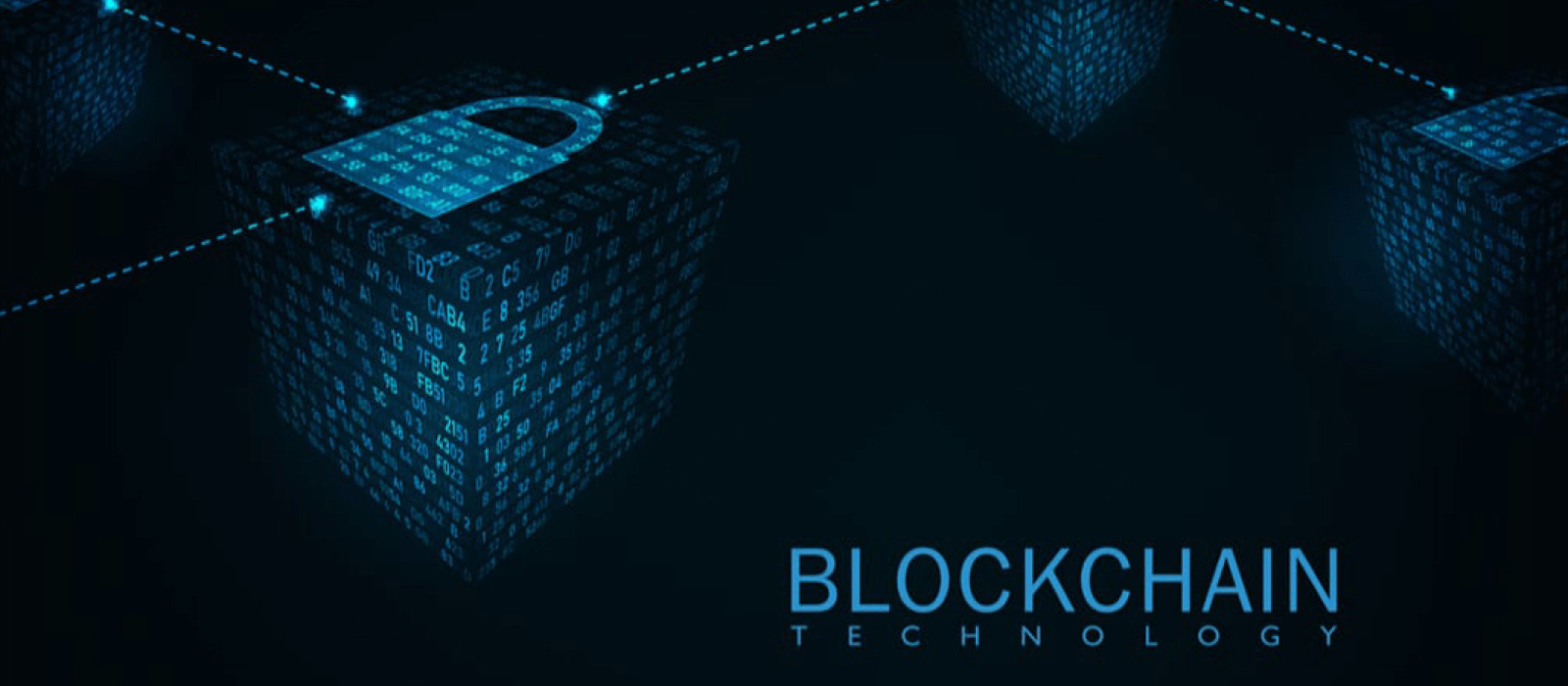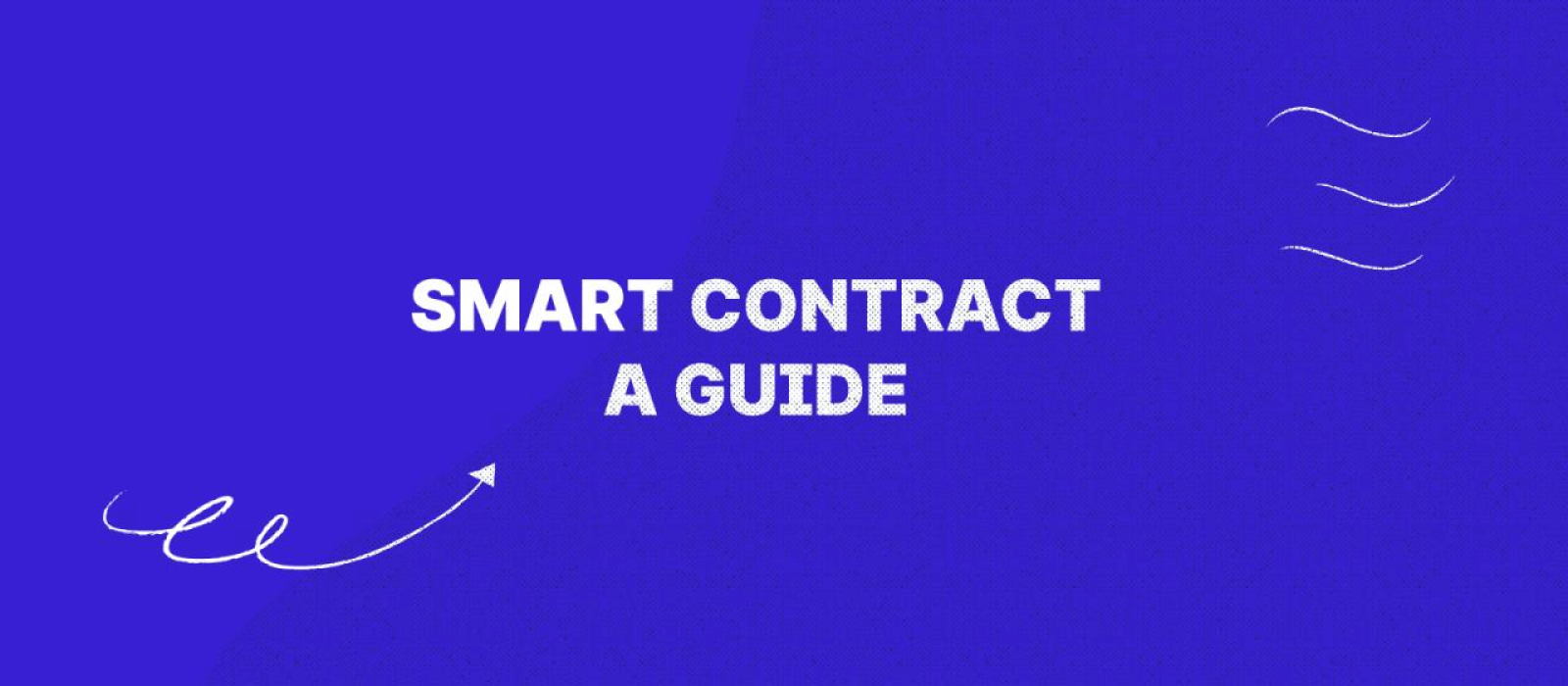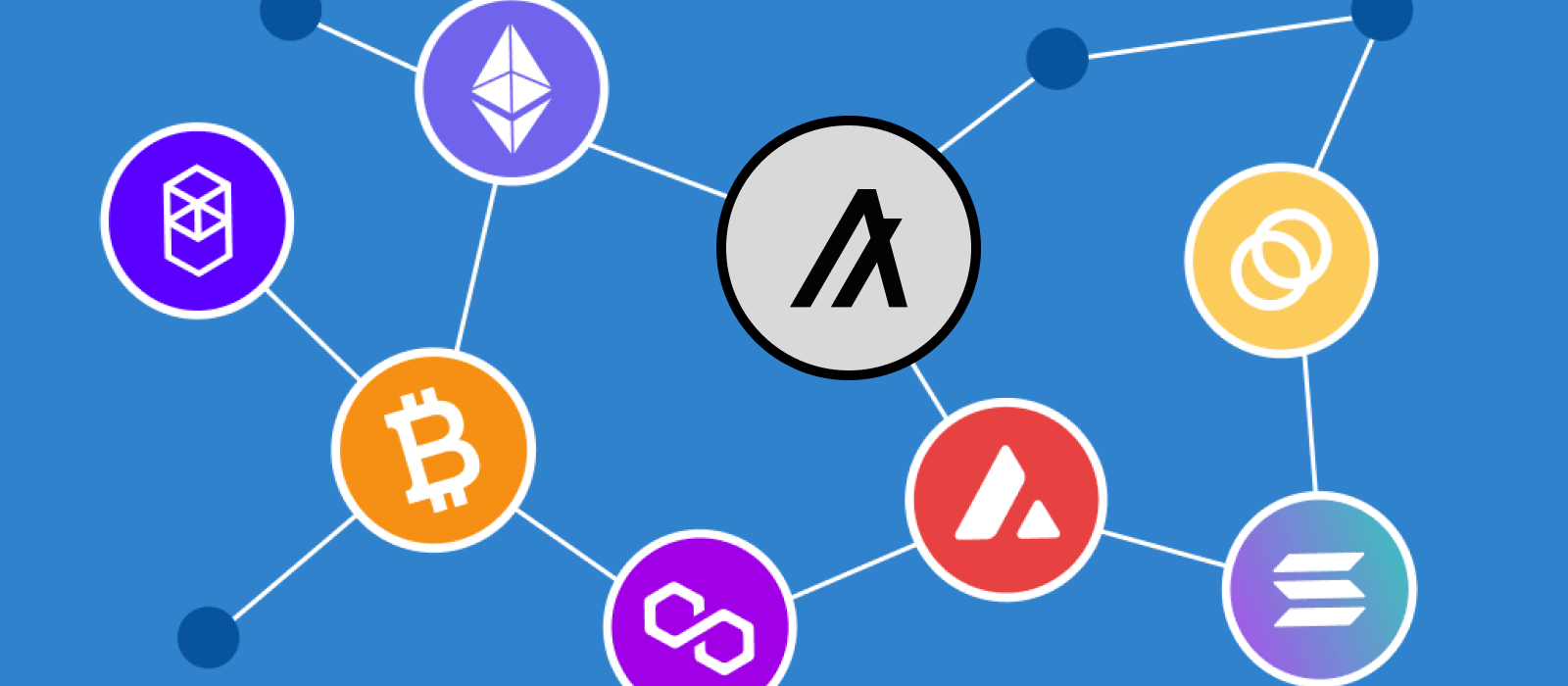In recent years, the world of finance and investment has undergone a profound transformation, thanks to the advent of blockchain technology. One of the most exciting developments in this space is the concept of tokenized real assets.
Unlike traditional investments, tokenized real assets provide an opportunity to invest in physical assets, such as real estate, art, or commodities, in a way that is accessible, transparent, and highly liquid.
This article aims to provide a clear and straightforward guide to understanding tokenized real assets. Whether you're a seasoned investor or just curious about this emerging field, our goal is to break down the complex aspects of tokenization into easy-to-understand components. We'll explore how assets are tokenized, the advantages and potential pitfalls, and how this innovation is reshaping the way we invest.
By the end of this guide, you should have a solid grasp of what tokenized real assets are and how they can be integrated into your investment strategy. So, let's embark on this journey to demystify tokenization and explore the exciting world of real assets in the digital age.
The tokenized real estate market has been experiencing significant growth and is emerging as a disruptive force within the traditional real estate investment landscape. To truly appreciate its impact, let's take a closer look at its growth and size, along with some statistics that underline its significance.
Market size opportunity
In 2021, the global real estate market reached an astonishing valuation of approximately $29 trillion, firmly establishing it as one of the most extensive and influential sectors worldwide. This remarkable figure underscores the immense potential and opportunities available within the real estate industry. Almost everyone, in one way or another, is interconnected with this colossal market, be it as tenants, property owners, or professionals working within various real estate segments.
Individuals and businesses alike are deeply embedded in the real estate ecosystem, with a broad spectrum of roles and interests. For many, real estate represents the cornerstone of their livelihoods, whether as residential or commercial occupants, real estate investors, or as employees in the realms of office, retail, or manufacturing. The ubiquity of real estate's impact on our lives, combined with its enormous market valuation, makes it a pivotal and captivating field for further exploration and investment.
Growth and Expansion:
Over the past few years, the tokenized real estate market has grown substantially. The appeal of tokenization lies in its ability to make traditionally illiquid assets more accessible and liquid. Investors from around the world are increasingly turning to tokenized real estate for its potential benefits, which include fractional ownership, ease of trading, and transparency.
Statistics and Figures:
Global Market Size: According to data available up to September 2021, the global market size of tokenized real estate was estimated to be in the hundreds of millions of dollars. However, this is a rapidly evolving space, and these figures may have increased significantly since then.
Growth Rate: The market has been experiencing a substantial annual growth rate, with some estimates suggesting growth rates of 15% or more.
Real-World Examples: Prominent real estate projects have been successfully tokenized. For instance, in 2019, a luxury resort in Aspen, Colorado, was tokenized and made available to investors.
Market Participants: Various blockchain platforms and companies have entered the tokenized real estate space. Some of them include blockchain startups, real estate developers, and even traditional financial institutions.
It's essential to note that the tokenized real estate market is highly dynamic, and data might have evolved significantly since my last knowledge update. Therefore, it's advisable to check for the most recent statistics and reports to gain a more accurate understanding of the market's current size and growth trends.
The rapid expansion of this market reflects the increasing interest from investors seeking more accessible and innovative ways to invest in real estate, making it an exciting field to watch.
Types of Real Estate
Tokenization of real estate isn't limited to a single category; rather, it spans across a wide range of real estate assets. Here, we'll explore some of the key types of real estate that can be tokenized, providing examples to illustrate the diversity of tokenized assets:
1. Residential Real Estate:
This category includes properties used for residential purposes, such as houses, apartments, condominiums, and vacation homes.
Examples: A residential apartment complex in a desirable urban location, a vacation villa in a popular tourist destination, or a single-family home in a suburban neighborhood.
2. Commercial Real Estate:
Commercial real estate encompasses properties that are used for business purposes, including office buildings, retail spaces, and warehouses.
Examples: An office building in a central business district, a shopping center with various retail units, or a warehouse used for storage and distribution.
3. Industrial Real Estate:
Industrial real estate includes properties used for manufacturing, distribution, and logistics. It ranges from factories to logistics centers.
Examples: A manufacturing facility, a distribution center for a global e-commerce company, or a data center used for cloud computing and storage.
4. Hospitality Real Estate:
This category involves properties used for accommodating travelers, such as hotels, resorts, and vacation rentals.
Examples: A luxury beachfront resort, a boutique city hotel, or vacation rental properties in a tourist hotspot.
5. Retail Real Estate:
Properties dedicated to retail businesses, which can include shopping malls, standalone retail stores, and outlets.
Examples: A shopping mall with a diverse mix of retail shops, a flagship store for a renowned brand, or an outlet center for discounted shopping.
6. Specialized Real Estate:
These are unique real estate assets that don't fit neatly into the above categories. Specialized real estate may include educational facilities, healthcare properties, and more.
Examples: A private university campus, a medical office building, or a sports stadium.
Tokenization technology allows each of these real estate asset types to be divided into digital tokens, enabling investors to own a portion of these assets and participate in the potential financial gains associated with them. The choice of asset type for tokenization can vary based on factors like the investment goals, risk tolerance, and market opportunities of the investors involved.
What is Tokenization of Real Estate?
Definition of Tokenization:
Tokenization is the process of converting rights to an asset into digital tokens on a blockchain. These tokens represent ownership, access, or other rights related to the underlying asset. In the context of real estate, tokenization involves transforming physical properties, such as residential, commercial, or industrial real estate, into digital tokens that can be bought, sold, and traded on blockchain-based platforms.
Relevance to Real Estate:
Tokenization is particularly relevant to real estate for several reasons:
Liquidity: Traditional real estate investments are often illiquid, meaning it can be challenging to buy or sell property quickly. Tokenization introduces liquidity by allowing investors to trade tokens representing real estate assets on secondary markets.
Fractional Ownership: Tokenization enables fractional ownership, meaning multiple investors can collectively own a property by holding fractions of its tokens. This makes real estate investment accessible to a broader range of investors.
Transparency: Blockchain technology ensures transparency by recording property details, ownership records, and transactions on an immutable ledger. This transparency reduces fraud and enhances trust in real estate transactions.
Global Accessibility: Tokenization transcends geographical barriers, allowing investors from around the world to participate in real estate markets that were previously inaccessible to them.
How Real Assets are Tokenized:
The process of tokenizing real estate involves several key steps:
Asset Selection: A real estate property is chosen for tokenization. It could be a residential apartment, a commercial office building, or any other type of real estate.
Legal Framework: Legal agreements are established to define ownership rights and responsibilities. These agreements are then encoded into smart contracts on the blockchain.
Tokenization: The property is divided into a predetermined number of tokens. Each token represents a specific portion of the property's ownership. For example, if a property is tokenized into 100 tokens, each token may represent 1% ownership.
Blockchain Technology: Tokens are created and recorded on a blockchain, a decentralized and secure digital ledger. This ensures that ownership records and transactions are transparent and tamper-proof.
Smart Contracts: Smart contracts, which are self-executing agreements, manage ownership, rental income distribution, and other aspects of the investment. They automatically enforce the terms of the tokenized real estate.
By following this process, real assets are transformed into digital tokens, making it possible for individuals to invest in them more flexibly, while also benefitting from the security and transparency of blockchain technology.
How to Tokenize Real Estate
Tokenizing real estate involves a series of steps that encompass both legal and technological aspects. In this chapter, we'll break down the process of how to tokenize real estate, ensuring that it's accessible and legally sound:
1. Legal Framework:
Before any tokenization can occur, a strong legal foundation must be established. Legal professionals and experts work to ensure that the rights and responsibilities of token holders are well-defined and compliant with relevant regulations.
Legal documents, such as property deeds and ownership contracts, are reviewed and digitized for use in the tokenization process. These legal documents are crucial for establishing the authenticity and ownership of the real asset.
2. Asset Evaluation:
The real estate asset to be tokenized is thoroughly evaluated. This includes assessing its market value, condition, and any necessary maintenance or improvements. An accurate valuation is essential for determining token values.
3. Tokenization Plan:
A tokenization plan is formulated, which includes deciding the number of tokens that will represent ownership in the asset. This plan determines the fractional ownership structure, enabling multiple investors to participate.
4. Smart Contracts:
Smart contracts are developed to automate and enforce the terms of the tokenized real estate. These contracts cover various aspects, such as ownership transfer, distribution of rental income, and voting rights for property management decisions.
5. Security Tokens:
Security tokens representing ownership in the real estate asset are created. These tokens are compliant with relevant securities regulations, ensuring that the tokenization process adheres to legal requirements.
6. Blockchain Integration:
The security tokens are issued on a blockchain, typically using a blockchain platform designed for asset tokenization. The blockchain provides transparency and immutability, making it secure and auditable.
7. Investment Opportunities:
The tokenized real estate is offered to potential investors through an investment platform. Investors can purchase tokens, effectively owning a share of the property.
8. Trading and Liquidity:
Once the tokens are in circulation, investors can trade them on secondary markets. The blockchain's 24/7 accessibility allows for liquidity and flexibility in buying and selling.
9. Ongoing Management:
Property management, rental income distribution, and other ongoing activities are managed through the smart contracts. Token holders participate in decision-making processes as outlined in the contracts.
10. Compliance and Reporting:
Regulatory compliance is maintained throughout the process, ensuring that the tokenization remains within the legal framework. Ongoing reporting and auditing may be necessary to demonstrate compliance with relevant securities laws.
By following these steps, real estate assets can be effectively tokenized, offering fractional ownership, transparency, and liquidity to investors while adhering to the necessary legal requirements. This innovative approach has the potential to reshape the real estate investment landscape by making it more accessible and efficient.
Advantages of Tokenized Real Assets
Investing in tokenized real assets offers a range of advantages that are reshaping the way people approach real estate investments. Let's explore these advantages in detail:
1. Liquidity:
24/7 Trading: Tokenized real assets are traded on blockchain-based platforms, enabling 24/7 access to markets. Traditional real estate investments are often illiquid and may take months or even years to sell.
Fractional Sales: Investors can sell only a portion of their holdings, allowing for partial exits and increased flexibility.
2. Fractional Ownership:
Accessible Entry Points: Tokenization allows for fractional ownership, meaning investors can purchase a fraction of a property. This significantly lowers the financial barrier to entry.
Diversification: Investors can spread their investments across various properties, achieving a diversified portfolio that mitigates risk.
3. Transparency:
Immutable Ledger: Blockchain technology ensures that all transactions, ownership records, and property details are recorded on an immutable ledger. This transparency reduces the likelihood of fraud and enhances trust among investors.
Real-time Updates: Investors can track their holdings and monitor property performance in real time, providing complete transparency.
4. Global Accessibility:
Cross-Border Investments: Tokenized real assets can be accessed by investors from around the world. This global accessibility eliminates geographical constraints.
Market Expansion: It opens up real estate markets to a broader range of investors, potentially driving increased demand and market growth.
5. Lower Costs:
Reduced Fees: Traditional real estate transactions involve significant fees, including commissions, legal fees, and administrative costs. Tokenization can lower these transaction costs.
Elimination of Intermediaries: Smart contracts can reduce the need for intermediaries, such as brokers and escrow services, streamlining the investment process.
6. Efficiency:
Automated Processes: Smart contracts facilitate the automation of various processes, such as property management, rental income distribution, and voting on property decisions. This efficiency simplifies administrative tasks.
Faster Transactions: Tokenized assets can be bought and sold with greater speed and efficiency compared to traditional real estate transactions.
7. Accessibility to New Markets:
Unlocking Illiquid Assets: Tokenization can convert traditionally illiquid assets, such as luxury real estate or rare collectibles, into more liquid and accessible forms.
Investor Inclusion: It opens up investment opportunities to a broader spectrum of individuals, including retail investors who may not have had access to these assets previously.
8. Security:
Blockchain Security: The blockchain's security features help protect investors' data and assets. It makes it highly resistant to hacking and fraud.
While tokenized real assets offer many advantages, it's important to note that, like any investment, they come with risks. It's crucial for investors to conduct due diligence, understand the market, and consider their risk tolerance before participating in this innovative investment approach.
Considerations and Risks
While tokenized real assets offer a range of advantages, investors should be aware of the considerations and risks associated with this innovative investment space. Here, we'll provide a balanced perspective on the pros and cons:
Regulatory Compliance:
Pros:
Emerging Regulation: Regulatory bodies are beginning to provide guidance and frameworks for tokenized real assets, which can enhance investor protection and market stability.
Transparency: Blockchain technology's transparency can facilitate compliance by providing a clear and immutable record of transactions.
Cons:
Legal Uncertainty: The regulatory environment is still evolving, which can lead to uncertainty and potential compliance challenges.
Varied Jurisdictional Approaches: Regulations may vary significantly by jurisdiction, making it complex for international investors.
Market Volatility:
Pros:
High Liquidity: Tokenized assets can be traded 24/7, which allows investors to respond to market changes quickly.
Diversification: Fractional ownership enables investors to diversify their portfolios, reducing the impact of volatility in a single asset.
Cons:
Speculative Nature: Market volatility can be higher, leading to price fluctuations in tokenized assets.
Lack of Historical Data: The relatively recent emergence of tokenized real assets makes it challenging to predict long-term market trends accurately.
Security Concerns:
Pros:
Blockchain Security: Blockchain's security features make it highly resistant to hacking and fraud, providing a secure environment for investors.
Cons:
Digital Risks: Investors must take precautions to secure their digital assets, including using reputable wallet services and exchanges.
Smart Contract Vulnerabilities: Errors in smart contract coding can lead to vulnerabilities that may be exploited by malicious actors.
Lack of Control:
Pros:
Professional Management: In some cases, tokenized real estate projects may involve professional management teams with expertise in property management.
Cons:
Limited Influence: Token holders might have limited influence on property management decisions, depending on the terms of the smart contracts.
Operational Risks: A poorly managed tokenized asset may not perform as expected, affecting the value of the investment.
Market Illiquidity:
Pros:
Secondary Markets: Tokenized assets can be traded on secondary markets, providing liquidity not typically associated with traditional real estate investments.
Cons:
Market Depth: Liquidity may vary depending on the asset and market demand, potentially making it challenging to sell large holdings quickly.
In summary, tokenized real assets have the potential to revolutionize the real estate investment landscape, offering numerous advantages such as liquidity, fractional ownership, transparency, and accessibility to global markets. However, investors should be mindful of the regulatory environment, market volatility, security concerns, and the potential lack of control over property management decisions.
To navigate these considerations and risks, it's crucial to conduct thorough research, stay informed about changing regulations, and only invest what you can afford to lose. Tokenized real assets offer exciting opportunities but also require a cautious and informed approach to ensure a successful and secure investment journey.
Conclusion
Tokenized real assets represent a groundbreaking innovation in the world of investment. By converting tangible assets like real estate into digital tokens, this technology has made it possible for investors to access opportunities that were once considered beyond their reach. The advantages of tokenization, from increased liquidity to fractional ownership and transparency, are transforming the way we approach real estate investments.
However, it's essential to approach this emerging space with due diligence and an understanding of the associated considerations and risks. Regulatory compliance, market volatility, and security concerns require careful attention to protect your investments and ensure a successful journey in this evolving landscape.
At Trusty.Digital, we are here to support you in your quest to tokenize real-world assets. Our experts can guide you through the process, offer legal and technical expertise, and help you navigate the dynamic world of tokenization. Whether you're an experienced investor or just starting your journey, we are here to provide the assistance and resources you need to make informed investment decisions in this exciting and transformative field.
With our support, you can harness the benefits of tokenized real assets and explore the vast potential of this new era of investment. Your journey to unlocking the possibilities of tokenization begins here.
 6 min read
6 min read
 7 min read
7 min read
 8 min read
8 min read
 7 min read
7 min read
 11 min read
11 min read
 5 min read
5 min read
 5 min read
5 min read
 9 min read
9 min read
 7 min read
7 min read
 8 min read
8 min read


